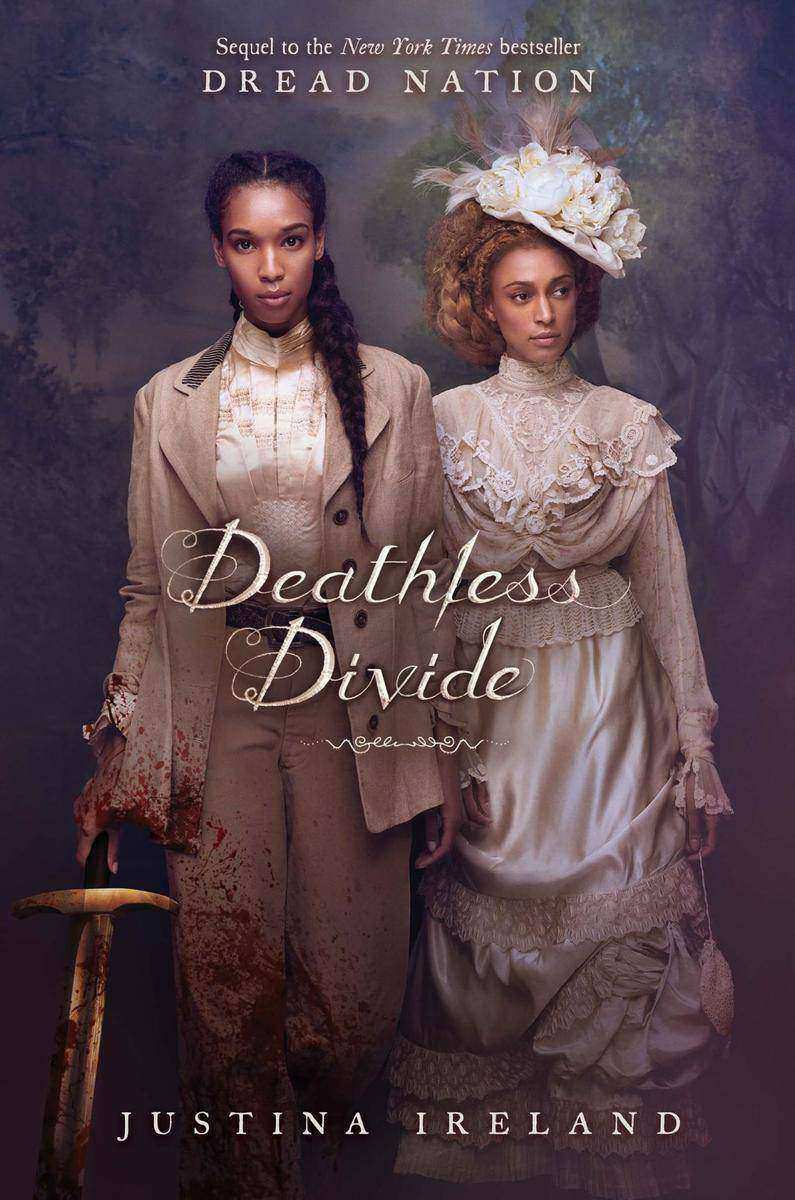
Deathless Divide
¥106.77
The sequel to the New York Times bestselling epic Dread Nation is an unforgettable journey of revenge and salvation across a divided America.After the fall of Summerland, Jane McKeene hoped her life would get simpler: Get out of town, stay alive, and head west to California to find her mother.But nothing is easy when you’re a girl trained in putting down the restless dead, and a devastating loss on the road to a protected village called Nicodemus has Jane questioning everything she thought she knew about surviving in 1880s America.What’s more, this safe haven is not what it appears—as Jane discovers when she sees familiar faces from Summerland amid this new society. Caught between mysteries and lies, the undead, and her own inner demons, Jane soon finds herself on a dark path of blood and violence that threatens to consume her.But she won’t be in it alone.Katherine Deveraux never expected to be allied with Jane McKeene. But after the hell she has endured, she knows friends are hard to come by—and that Jane needs her too, whether Jane wants to admit it or not.Watching Jane’s back, however, is more than she bargained for, and when they both reach a breaking point, it’s up to Katherine to keep hope alive—even as she begins to fear that there is no happily-ever-after for girls like her.
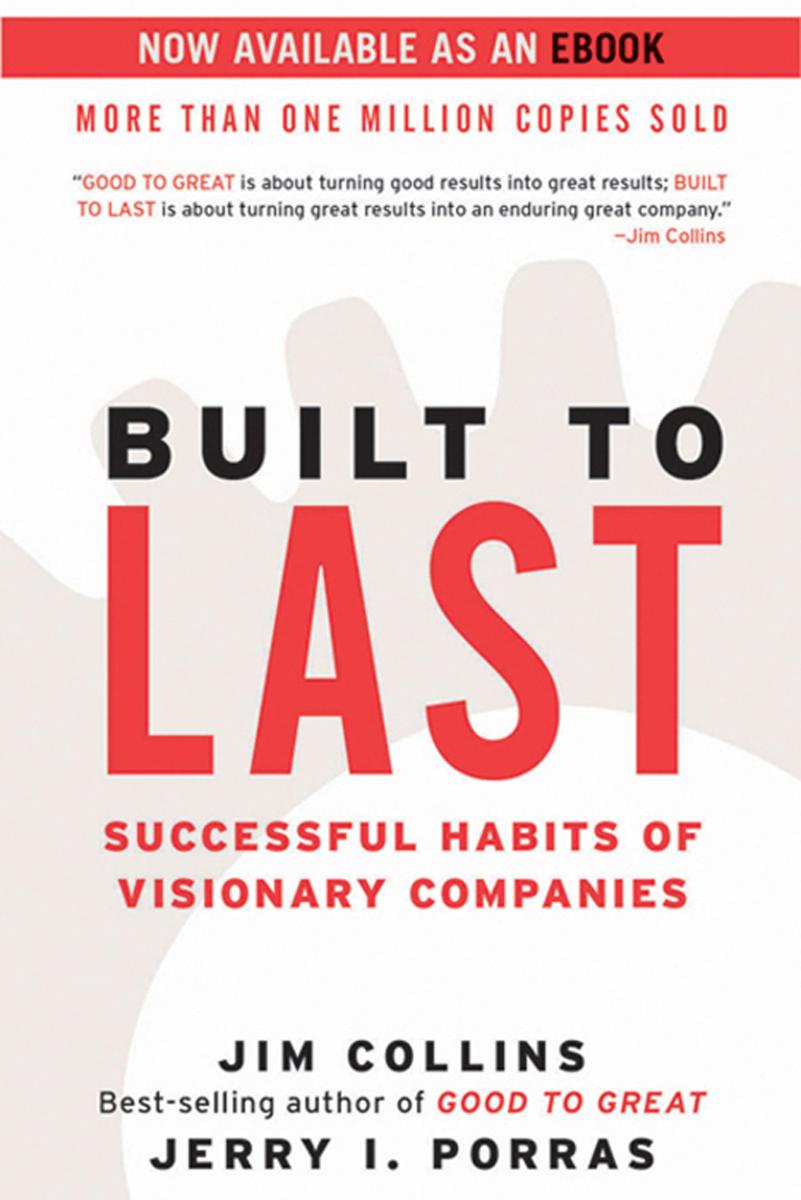
Built to Last
¥106.61
"This is not a book about charismatic visionary leaders. It is not about visionary product concepts or visionary products or visionary market insights. Nor is it about just having a corporate vision. This is a book about something far more important, enduring, and substantial. This is a book about visionary companies." So write Jim Collins and Jerry Porras in this groundbreaking book that shatters myths, provides new insights, and gives practical guidance to those who would like to build landmark companies that stand the test of time. Drawing upon a six-year research project at the Stanford University Graduate School of Business, Collins and Porras took eighteen truly exceptional and long-lasting companies -- they have an average age of nearly one hundred years and have outperformed the general stock market by a factor of fifteen since 1926 -- and studied each company in direct comparison to one of its top competitors. They examined the companies from their very beginnings to the present day -- as start-ups, as midsize companies, and as large corporations. Throughout, the authors asked: "What makes the truly exceptional companies different from other companies?" What separates General Electric, 3M, Merck, Wal-Mart, Hewlett-Packard, Walt Disney, and Philip Morris from their rivalsHow, for example, did Procter & Gamble, which began life substantially behind rival Colgate, eventually prevail as the premier institution in its industryHow was Motorola able to move from a humble battery repair business into integrated circuits and cellular communications, while Zenith never became dominant in anything other than TVsHow did Boeing unseat McDonnell Douglas as the world's best commercial aircraft company -- what did Boeing have that McDonnell Douglas lackedBy answering such questions, Collins and Porras go beyond the incessant barrage of management buzzwords and fads of the day to discover timeless qualities that have consistently distinguished out-standing companies. They also provide inspiration to all executives and entrepreneurs by destroying the false but widely accepted idea that only charismatic visionary leaders can build visionary companies. Filled with hundreds of specific examples and organized into a coherent framework of practical concepts that can be applied by managers and entrepreneurs at all levels, Built to Last provides a master blueprint for building organizations that will prosper long into the twenty-first century and beyond.

The Swarm
¥106.61
Whales begin sinking ships. Toxic, eyeless crabs poison Long Island's water supply. The North Sea shelf collapses, killing thousands in Europe. Around the world, countries are beginning to feel the effects of the ocean's revenge as the seas and their inhabitants begin a violent revolution against mankind. At stake is the survival of the Earth's fragile ecology—and ultimately, the survival of the human race itself.The apocalyptic catastrophes of The Day After Tomorrow meet the watery menace of The Abyss in this gripping, scientifically realistic, and utterly imaginative thriller.
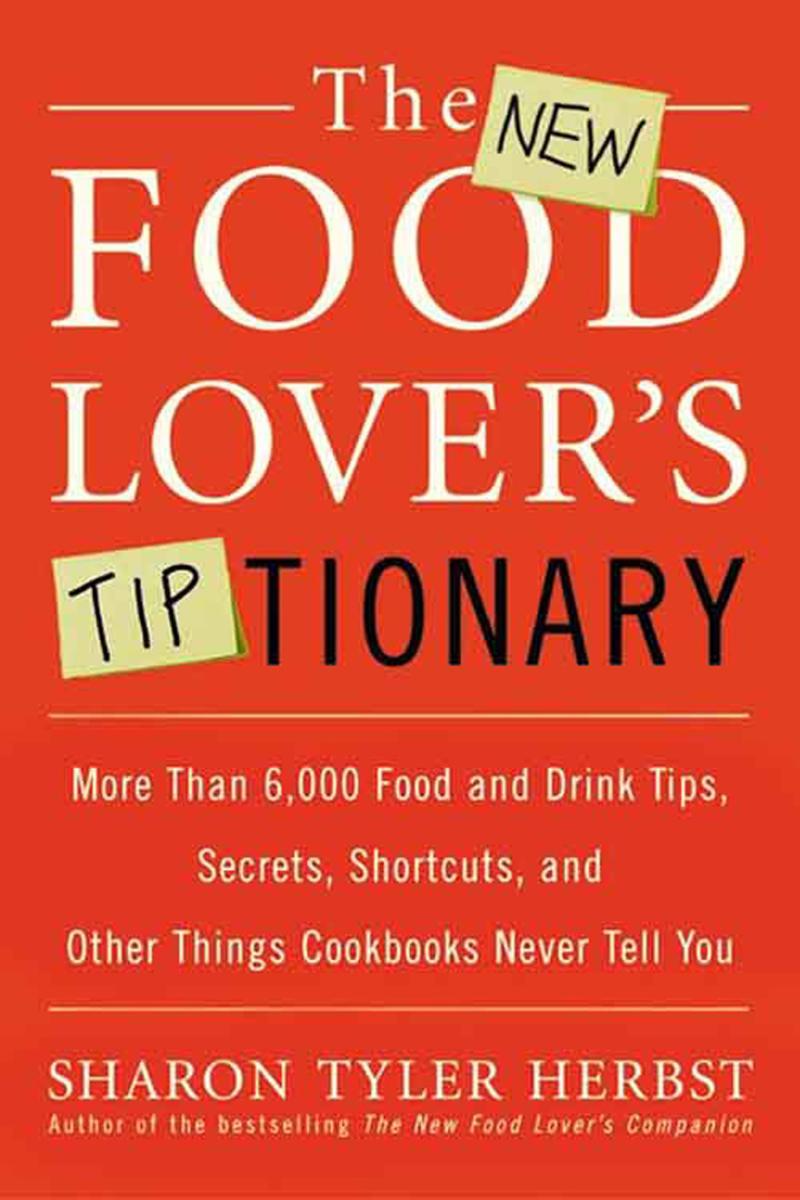
The New Food Lover's Tiptionary
¥106.61
Both experienced and novice cooks will love this A-to-Z guide packed with more than 6,000 tips, shortcuts and other culinary wisdom cookbooks never tell you. Find all the answers you'll ever need to a universe of cooking quandaries and questions on hundreds of subjects, including foods, beverages, kitchen equipment, cooking techniques, entertaining ideas and smart ways to use leftovers. Plus, there are loads of quick and easy reference charts, a handy system of cross-referencing and well over a hundred shorthand-style recipes.
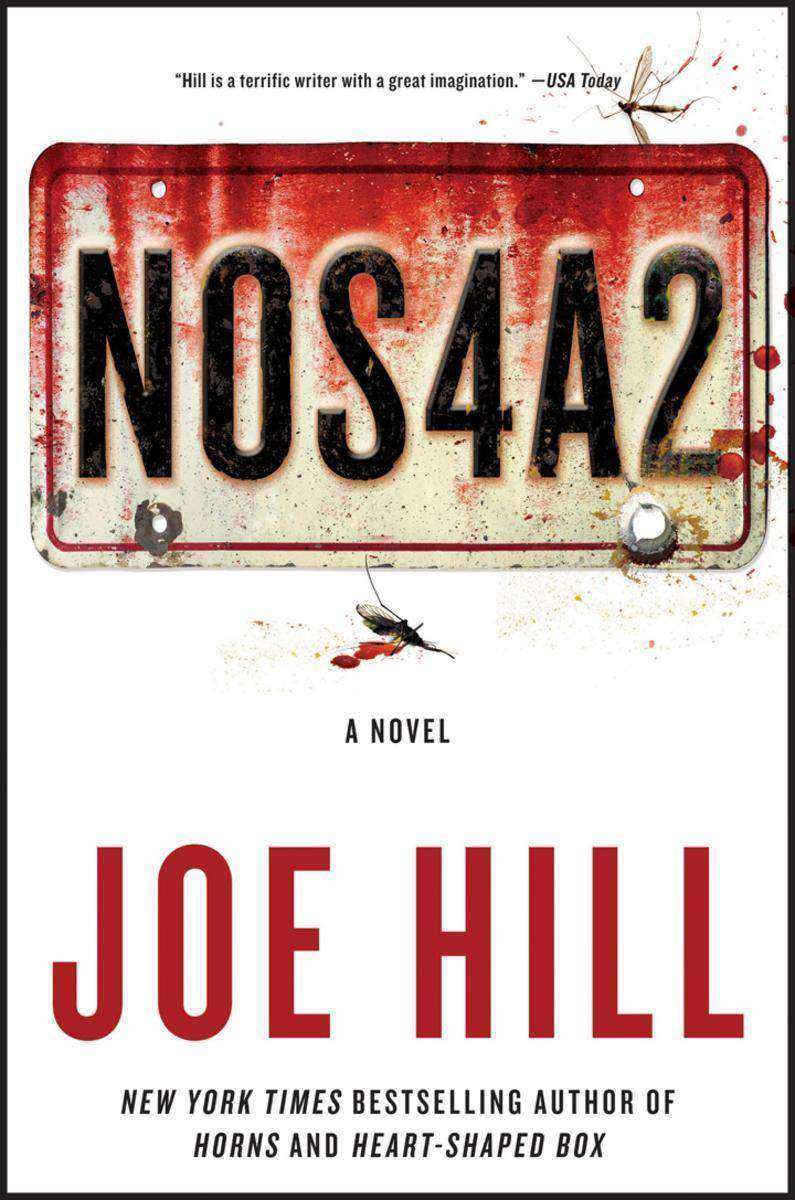
NOS4A2
¥106.61
Joe Hill, the acclaimed, award-winning author of the New York Times bestsellers Heart-Shaped Box and Horns, plunges you into the dark side of imagination with a thrilling novel of supernatural suspense that will have you flinching at shadows and checking the rearview mirror again and again. . . .NOS4A2Don't slow downVictoria McQueen has an uncanny knack for finding things: a misplaced bracelet, a missing photograph, answers to unanswerable questions. When she rides her bicycle over the rickety old covered bridge in the woods near her house, she always emerges in the places she needs to be. Vic doesn't tell anyone about her unusual ability, because she knows no one will believe her. She has trouble understanding it herself.Charles Talent Manx has a gift of his own. He likes to take children for rides in his 1938 Rolls-Royce Wraith with the vanity plate NOS4A2. In the Wraith, he and his innocent guests can slip out of the everyday world and onto hidden roads that lead to an astonishing playground of amusements he calls Christmasland. Mile by mile, the journey across the highway of Charlie's twisted imagination transforms his precious passengers, leaving them as terrifying and unstoppable as their benefactor.And then comes the day when Vic goes looking for trouble . . . and finds her way, inevitably, to Charlie.That was a lifetime ago. Now, the only kid ever to escape Charlie's unmitigated evil is all grown up and desperate to forget.But Charlie Manx hasn't stopped thinking about the exceptional Victoria McQueen. On the road again, he won't slow down until he's taken his revenge. He's after something very special—something Vic can never replace.As a life-and-death battle of wills builds—her magic pitted against his—Vic McQueen prepares to destroy Charlie once and for all . . . or die trying. . . .Joe Hill's acclaimed works of fiction, Horns, Heart-Shaped Box, and 20th Century Ghosts, have already earned him international acclaim. With NOS4A2, this outstanding novelist—"one of America's finest horror writers" (Time magazine); "a major player in 21st-century fantastic fiction" (Washington Post)—crafts his finest work yet. Disturbing, mesmerizing, and full of twisting thrills, Hill's phantasmagoric, devilishly playful masterpiece is a terrifying high-octane ride.
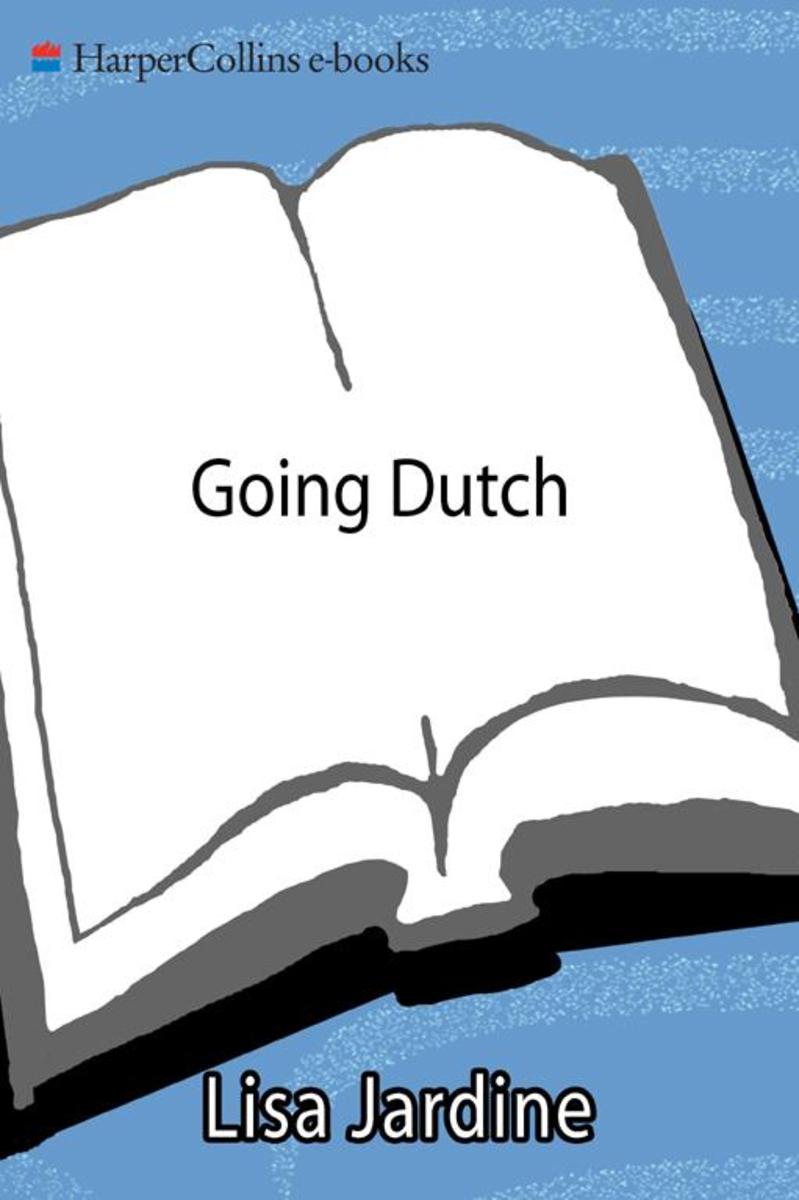
Going Dutch
¥106.61
On November 5, 1688, William of Orange, Protestant ruler of the Dutch Republic, landed at Torbay in Devon with a force of twenty thousand men. Five months later, William and his wife, Mary, were jointly crowned king and queen after forcing James II to abdicate. Yet why has history recorded this bloodless coup as an internal Glorious Revolution rather than what it truly was: a full-scale invasion and conquest by a foreign nationThe remarkable story of the relationship between two of Europe's most important colonial powers at the dawn of the modern age, Lisa Jardine's Going Dutch demonstrates through compelling new research in political and social history how Dutch tolerance, resourcefulness, and commercial acumen had effectively conquered Britain long before William and his English wife arrived in London.
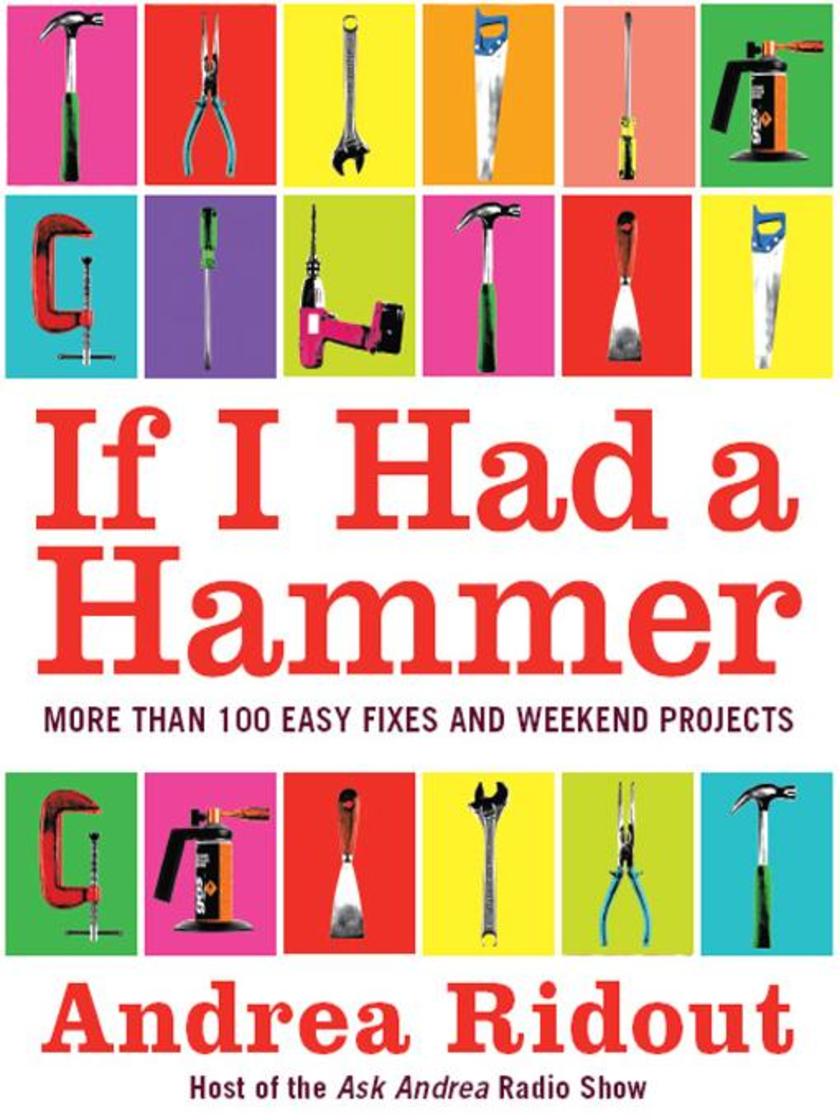
If I Had a Hammer
¥106.61
Have fun, save money, and improve your home with these easy step-by-step projects Are you looking for a way to make your bathroom a little more beautifulOr maybe you'd like to give your tired furniture a face-lift, improve your home's air quality, or fix a toilet. No matter your DIY needs and no matter whether you're a DIY novice or expert, home improvement guru Andrea Ridout, host of the nationally syndicated radio show Ask Andrea, has ideas, expertise, and advice to share with you. If I Had a Hammer offers easy-to-follow instructions and illustrations designed to make home improvement simpler than ever. With a little help from Andrea, you'll be able to tackle repairs, painting and decorating, bathroom and kitchen remodeling, wood care for furniture and floors, and much more with projects that often take as little as an hour. Also, you can try a few of Andrea's energy-conserving projects that can dramatically improve your utility bill Andrea's projects are friendly on the environment and on your wallet! With If I Had a Hammer, you'll have the tools to keep your home functioning and looking as good as or even better than new.
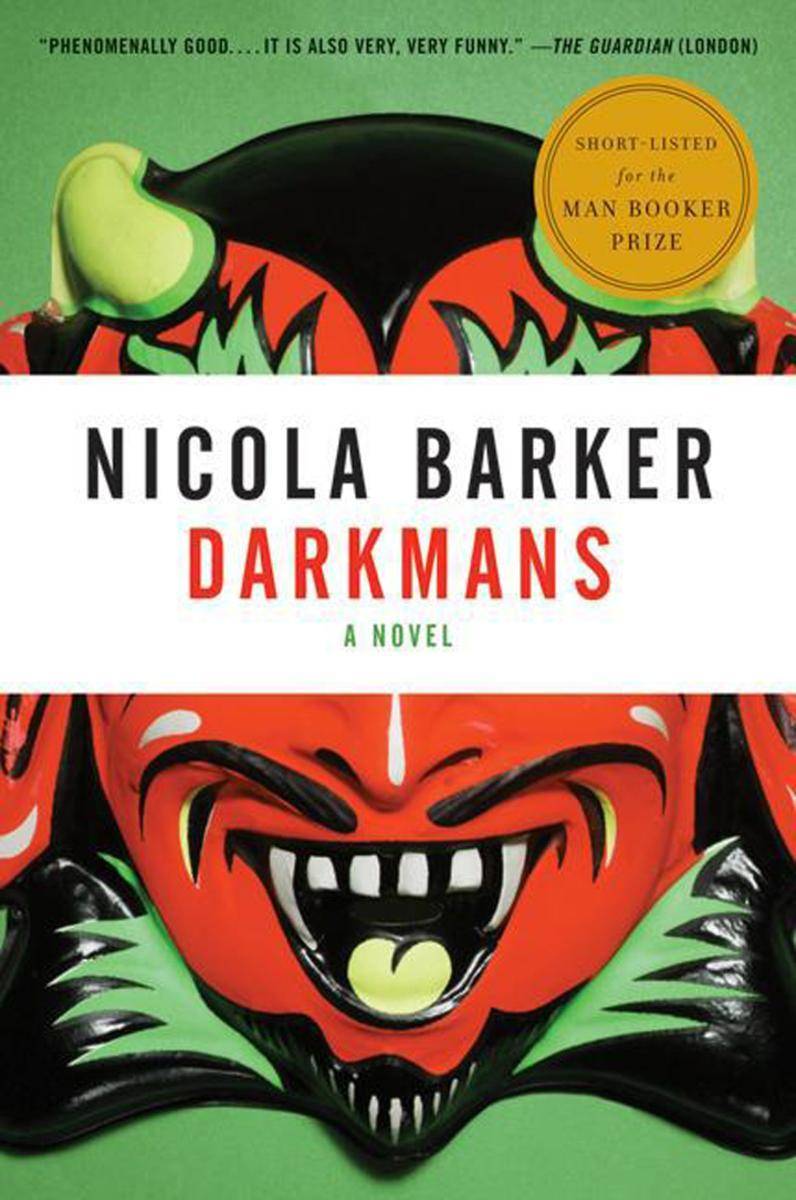
Darkmans
¥106.61
Shortlisted for the Man Booker Prize, Darkmans is an exhilarating, extraordinary examination of the ways in which history can play jokes on us all... If History is just a sick joke which keeps on repeating itself, then who exactly might be telling it, and whyCould it be John Scogin, Edward IV's infamous court jester, whose favorite pastime was to burn people alive - for a laughOr could it be Andrew Boarde, Henry VIII's physician, who kindly wrote John Scogin's biographyOr could it be a tiny Kurd called Gaffar whose days are blighted by an unspeakable terror of - uh - saladOr a beautiful, bulimic harpy with ridiculously weak bonesOr a man who guards Beckley Woods with a Samurai sword and a pregnant terrier?Darkmans is a very modern book, set in Ashford [a ridiculously modern town], about two very old-fashioned subjects: love and jealousy. It's also a book about invasion, obsession, displacement and possession, about comedy, art, pre*ion drugs and chiropody. And the main characterThe past, which creeps up on the present and whispers something quite dark - quite unspeakable - into its ear.The third of Nicola Barker's narratives of the Thames Gateway, Darkmans is an epic novel of startling originality.
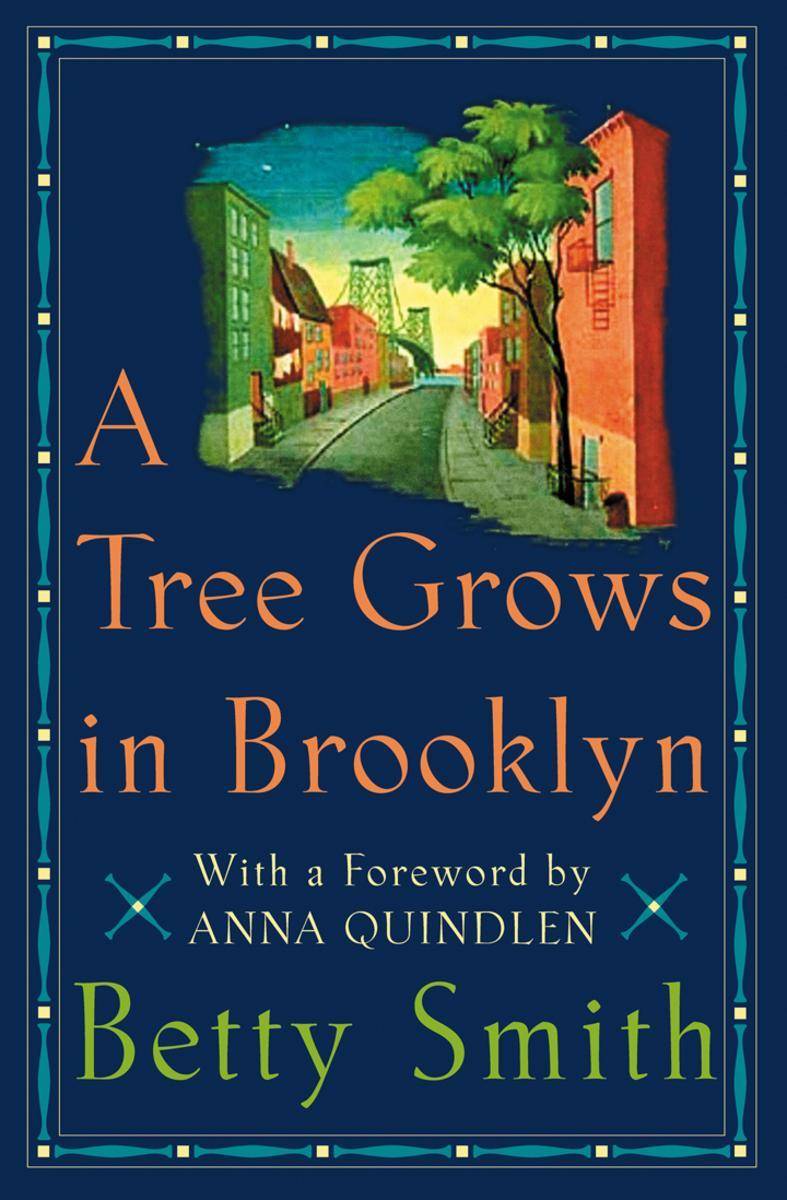
HarperCollins e-books
¥106.61
The American classic about a young girl's coming-of-age at the turn of the century. This P.S. edition features an extra 16 pages of insights into the book, including author interviews, recommended reading, and more.
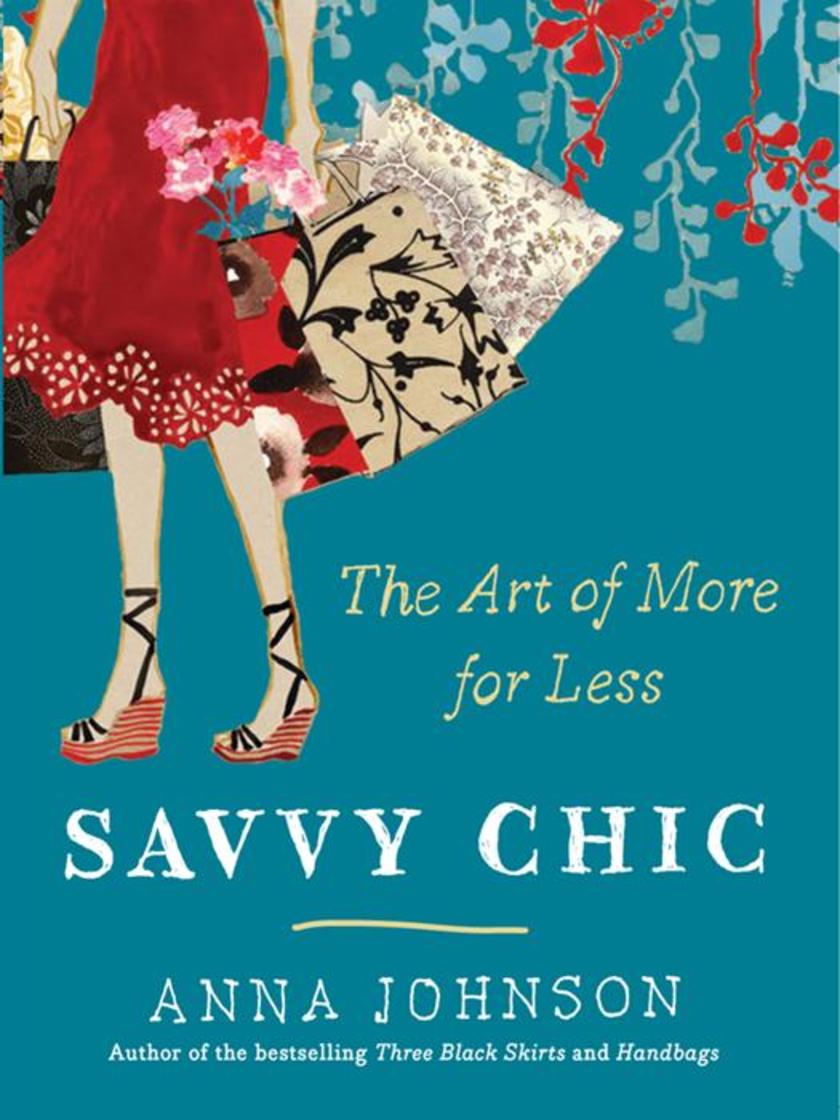
Savvy Chic
¥106.61
Everything you love for less!Anna Johnson is not a tea-bag squeezer, a penny-pincher, or inherently thrifty in any way but she knows how to enjoy the finer things in life . . . for much, much less! In Savvy Chic, she shares her secrets on how to dress, decorate, entertain, and travel in high style without breaking the piggy bank. Style: Get "rich girl" chic for dimes and master the fine art of thrift-shop vintage. Decorating: Create exquisite curtains with Chinese lace tablecloths and shop the flea market like a stylist. Entertaining: Feast on abundant rather than expensive food from the ten-dollar dinner to the shoestring wedding reception. Travel: Fake snobby style in Capri or make a one-star hotel feel like home. Leisure: Take the town with nothing but a ball gown and twenty dollars or enjoy the most original dates in the history of love, for less of course. All it takes to live well is taste, style, imagination, and rebellious flair and Savvy Chic will show you how. Fun, fulfilling, and frugally fabulous, here's your indispensable guide to five-star elegance on a one-star budget.
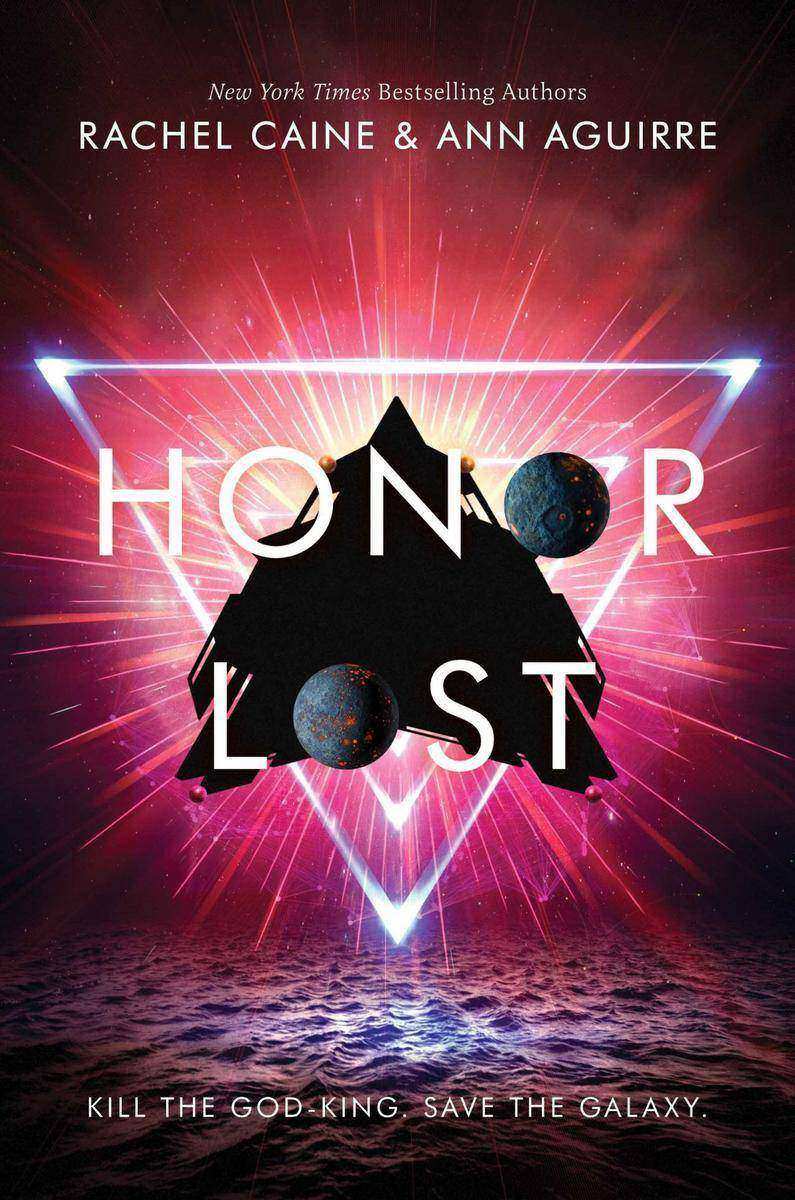
Honor Lost
¥106.61
Quick-thinking Leviathan pilot Zara Cole must stop a planet-eating monster or lose everyone she loves in the finale of this acclaimed trilogy from New York Times bestselling authors Rachel Caine and Ann Aguirre. Perfect for fans of Illuminae and The Fifth Wave.Space renegade Zara Cole may have finally met her match. Lifekiller—a creature that can devour entire planets—is spreading terror throughout the universe, and it seems nothing can stand in the monstrous godking’s way.Zara’s street smarts may not be enough when their enemy could be anywhere, destroying civilizations and picking his teeth with the bones.With human enemies, alien creatures, and mechanical stalkers on her tail, it’s down to the wire for Zara to save the galaxy—and the people she calls home—before the godking consumes them all.
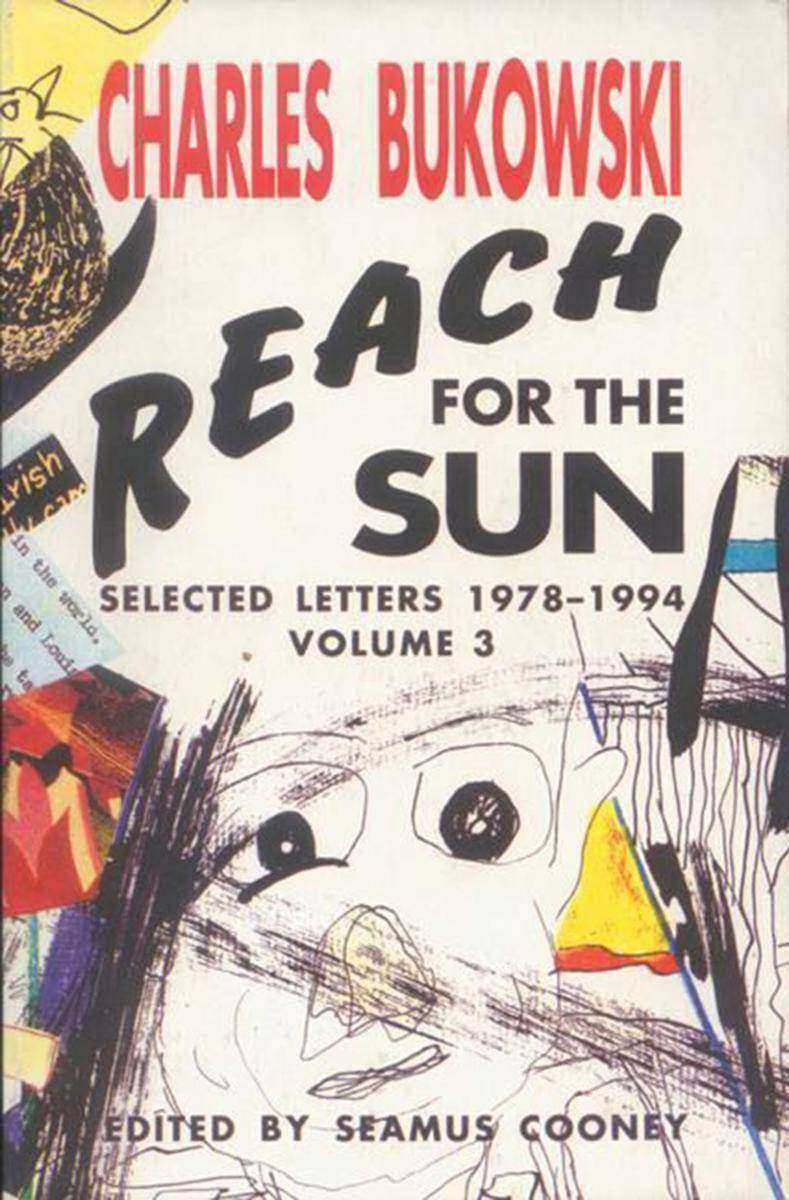
Reach for the Sun Vol. 3
¥106.61
Literary Criticism. Reach for the Sun is the third volume of Bukowski's letters from Black Sparrow Press, selected by Seamus Cooney.

Slash
¥106.61
From one of the greatest rock guitarists of our era comes a memoir that redefines sex, drugs, and rock 'n' roll He was born in England but reared in L.A., surrounded by the leading artists of the day amidst the vibrant hotbed of music and culture that was the early seventies. Slash spent his adolescence on the streets of Hollywood, discovering drugs, drinking, rock music, and girls, all while achieving notable status as a BMX rider. But everything changed in his world the day he first held the beat-up one-string guitar his grandmother had discarded in a closet. The instrument became his voice and it triggered a lifelong passion that made everything else irrelevant. As soon as he could string chords and a solo together, Slash wanted to be in a band and sought out friends with similar interests. His closest friend, Steven Adler, proved to be a conspirator for the long haul. As hairmetal bands exploded onto the L.A. scene and topped the charts, Slash sought his niche and a band that suited his raw and gritty sensibility. He found salvation in the form of four young men of equal mind: Axl Rose, Izzy Stradlin, Steven Adler, and Duff McKagan. Together they became Guns N' Roses, one of the greatest rock 'n' roll bands of all time. Dirty, volatile, and as authentic as the streets that weaned them, they fought their way to the top with groundbreaking albums such as the iconic Appetite for Destruction and Use Your Illusion I and II . Here, for the first time ever, Slash tells the tale that has yet to be told from the inside: how the band came together, how they wrote the music that defined an era, how they survived insane, never-ending tours, how they survived themselves, and, ultimately, how it all fell apart. This is a window onto the world of the notoriously private guitarist and a seat on the roller-coaster ride that was one of history's greatest rock 'n' roll machines, always on the edge of self-destruction, even at the pinnacle of its success. This is a candid recollection and reflection of Slash's friendships past and present, from easygoing Izzy to ever-steady Duff to wild-child Steven and complicated Axl. It is also an intensely personal account of struggle and triumph: as Guns N' Roses journeyed to the top, Slash battled his demons, escaping the overwhelming reality with women, heroin, coke, crack, vodka, and whatever else came along. He survived it all: lawsuits, rehab, riots, notoriety, debauchery, and destruction, and ultimately found his creative evolution. From Slash's Snakepit to his current band, the massively successful Velvet Revolver,Slash found an even keel by sticking to his guns. Slash is everything the man, the myth, the legend, inspires: it's funny, honest, inspiring, jaw-dropping . . . and, in a word, excessive.
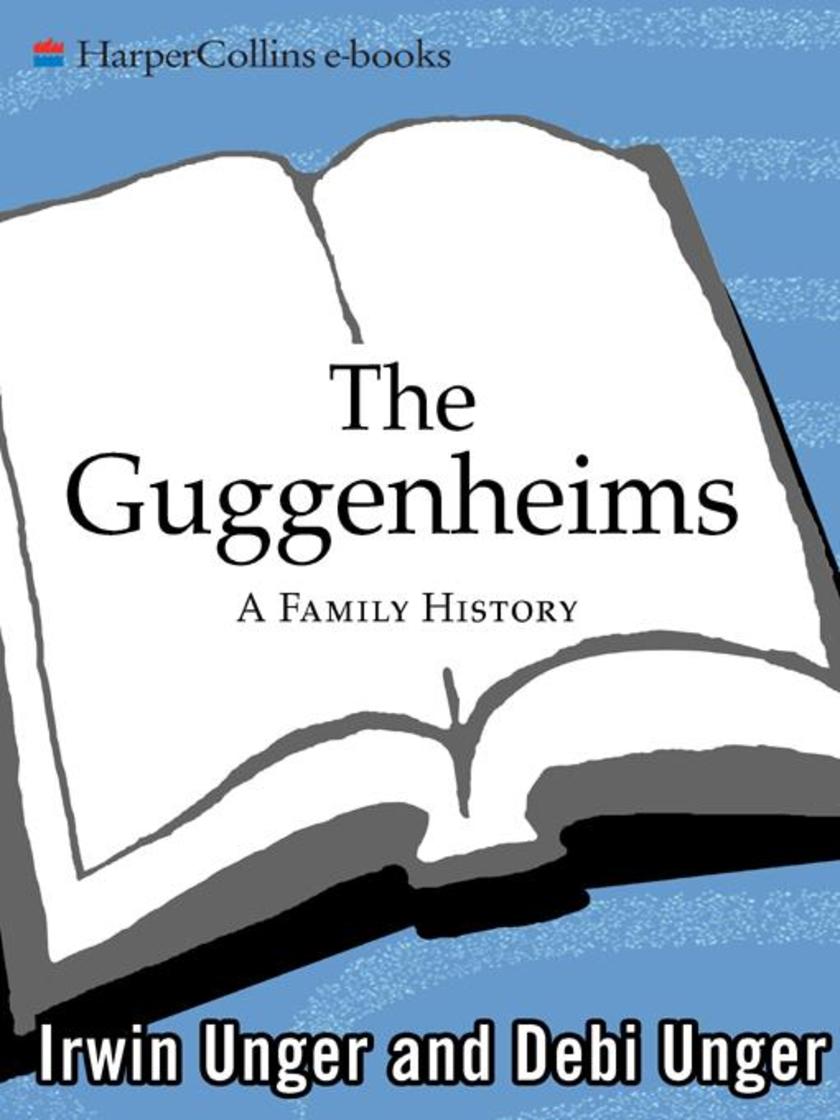
The Guggenheims
¥106.61
A portrait of a great American dynasty and its legacy in business, technology, the arts, and philanthropyMeyer Guggenheim, a Swiss immigrant, founded a great American business dynasty. At their peak in the early twentieth century, the Guggenheims were reckoned among America's wealthiest, and the richest Jewish family in the world after the Rothschilds. They belonged to Our Crowd, that tight social circle of New York Jewish plutocrats, but unlike the others -- primarily merchants and financiers -- they made their money by extracting and refining copper, silver, lead, tin, and gold.The secret of their success, the patriarch believed, was their unity, and in the early years Meyer's seven sons, under the leadership of Daniel, worked as one to expand their growing mining and smelting empire. Family solidarity eventually decayed (along with their Jewish faith), but even more damaging was the paucity of male heirs as Meyer and the original set of brothers passed from the scene.In the third generation, Harry Guggenheim, Daniel's son, took over leadership and made the family a force in aviation, publishing, and horse-racing. He desperately sought a successor but tragically failed and was forced to watch as the great Guggenheim business enterprise crumbled.Meanwhile, "Guggenheim" came to mean art more than industry. In the mid-twentieth century, led by Meyer's son Solomon and Solomon's niece Peggy, the Guggenheims became the agents of modernism in the visual arts. Peggy, in America during the war years, midwifed the school of abstract expressionism, which brought art leadership to New York City. Solomon's museum has been innovative in spreading the riches of Western art around the world. After the generation of Harry and Peggy, the family has continued to produce many accomplished members, such as publisher Roger Straus II and archaeologist Iris Love.In The Guggenheims, through meticulous research and absorbing prose, Irwin Unger, the winner of a Pulitzer Prize in history, and his wife, Debi Unger, convey a unique and remarkable story -- epic in its scope -- of one family's amazing rise to prominence.
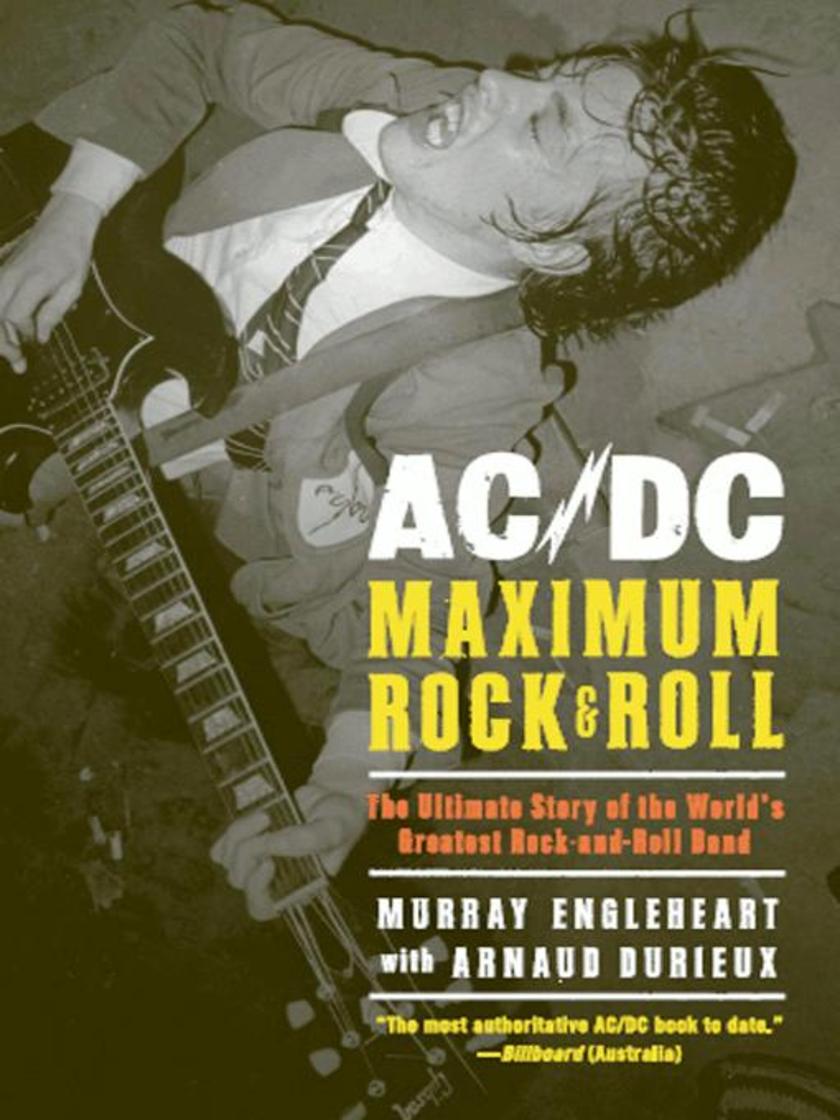
AC/DC: Maximum Rock & Roll
¥106.61
Over three decades and more than 150 million albums, AC/DC has established itself as much more than just a great rock band. For millions of fans spanning several generations across the world, they are an ear-bleedingly loud, sweat-soaked religion, courtesy of such classic albums as Highway to Hell and Back in Black.Now, in a book of astonishing breadth and scope, comes, for the very first time, the complete story of AC/DC. Everything you ever wanted to know and plenty more you never dreamt of is all here, the ultimate balls-out adventure, laced with sex, drunken escapades and brawls. It's a journey that started in the suburban Sydney, Australia, bedrooms of brothers Malcolm and Angus Young, boys who could wreak havoc with their guitars. Over their power chords were the lyrics and voice of Bon Scott, who would lead them higher and higher until his tragic death in 1980. The bittersweet irony after his death was that not only did the Youngs manage to hold together without him, but the band's fortunes and status skyrocketed with his replacement, Brian Johnson, and the album Back in Black.Five long years in the making, AC/DC: Maximum Rock &Roll is sourced from more than 1,300 interviews the band has given over the past thirty years combined with in excess of 75 of the authors' own interviews with those who worked with AC/DC both in the studio and on the road many of whom have never spoken about the band publicly. It's topped off with stunning, never-before-seen photos to create the ultimate portrait of the ultimate rock band.
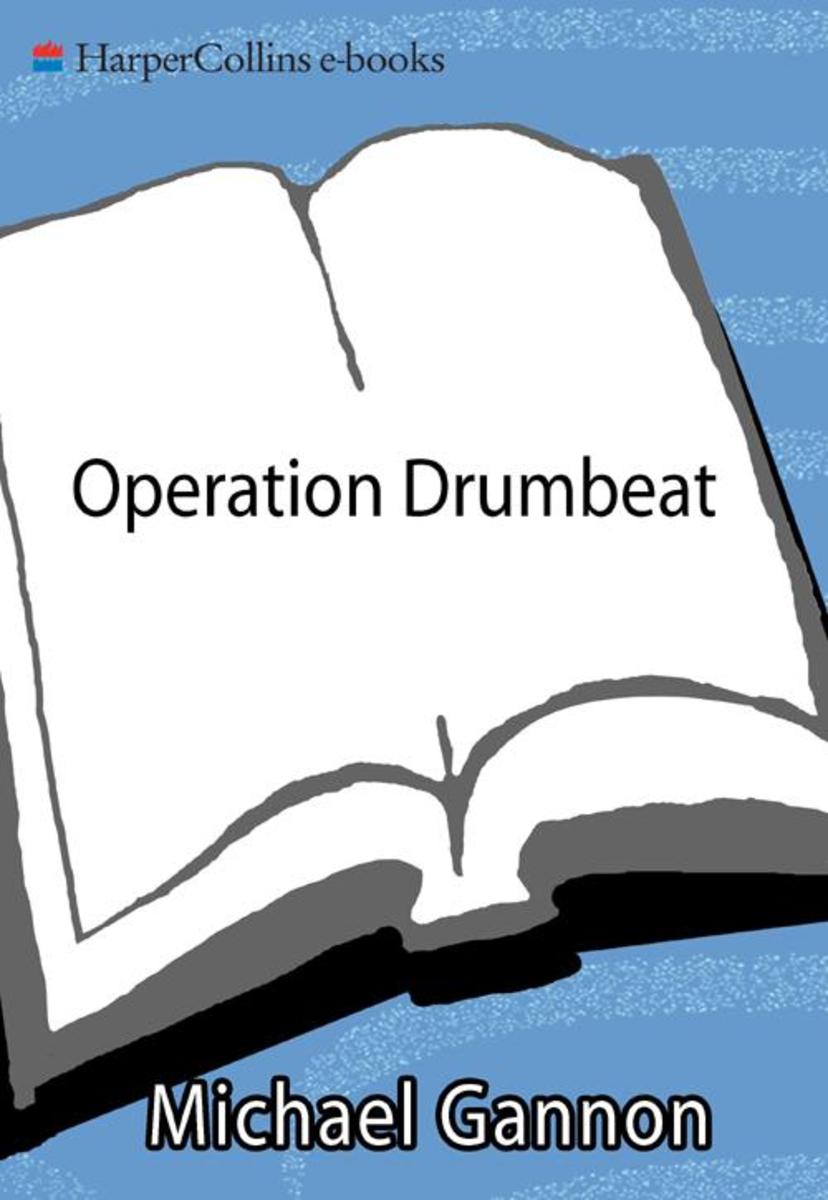
HarperCollins e-books
¥106.61
An account of Germany's little known U-boat campaign against merchant shipping along the North American Atlantic coast during the first six months of 1942. It also documents the failure of the US Navy to meet the German attack.
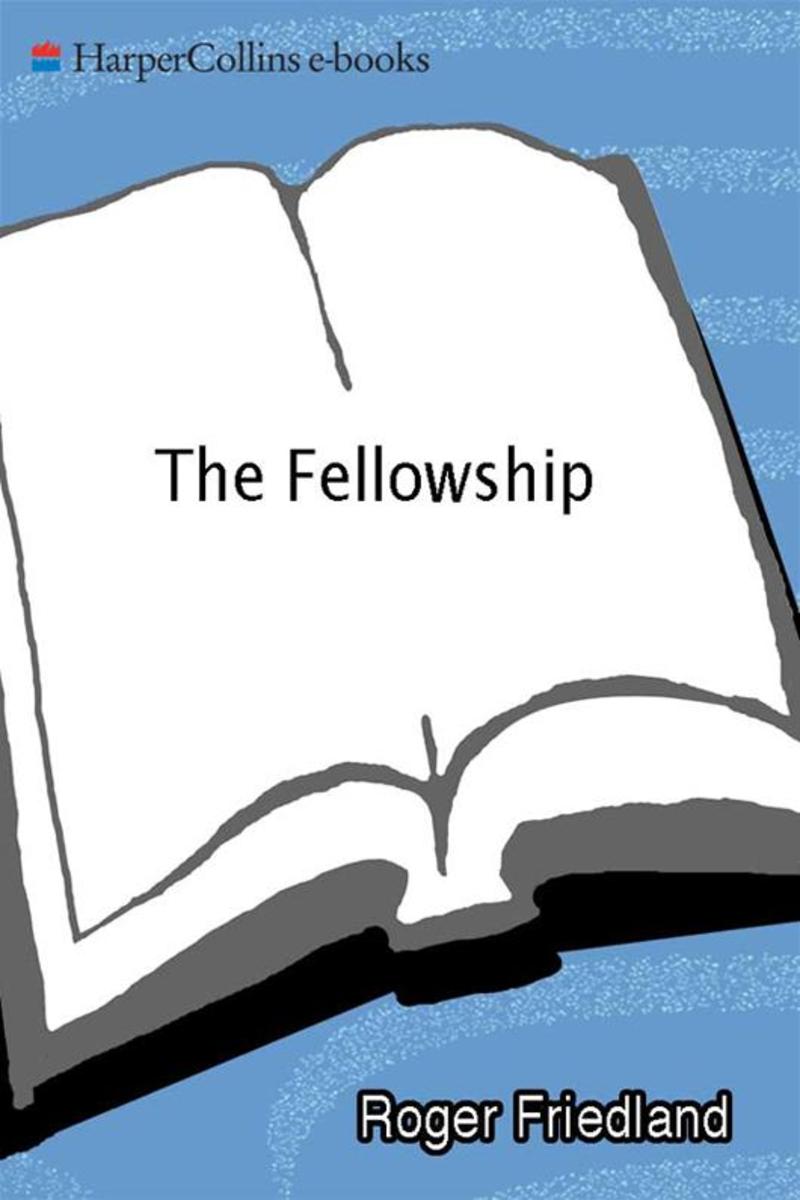
The Fellowship
¥106.61
Frank Lloyd Wright was renowned during his life not only as an architectural genius but also as a subject of controversy from his radical design innovations to his turbulent private life, including a notorious mass murder that occurred at his Wisconsin estate, Taliesin, in 1914. But the estate also gave rise to one of the most fascinating and provocative experiments in American cultural history: the Taliesin Fellowship, an extraordinary architectural colony where Wright trained hundreds of devoted apprentices and where all of his late masterpieces Fallingwater, Johnson Wax, the Guggenheim Museum were born.Drawing on hundreds of new and unpublished interviews and countless unseen documents from the Wright archives, The Fellowship is an unforgettable story of genius and ego, sex and violence, mysticism and utopianism. Epic in scope yet intimate in its detail, it is a stunning true account of how an idealistic community devolved into a kind of fiefdom where young apprentices were both inspired and manipulated, often at a staggering personal cost, by the architect and his imperious wife, Olgivanna Hinzenberg, along with her spiritual master, the legendary Greek-Armenian mystic Georgi Gurdjieff. A magisterial work of biography, it will forever change how we think about Frank Lloyd Wright and his world.

Infinity Son:The Infinity Cycle, Book 1
¥106.61
Balancing epic and intensely personal stakes, bestselling author Adam Silvera’s Infinity Son is a gritty, fast-paced adventure about two brothers caught up in a magical war generations in the making. Growing up in New York, brothers Emil and Brighton always idolized the Spell Walkers—a vigilante group sworn to rid the world of specters. While the Spell Walkers and other celestials are born with powers, specters take them, violently stealing the essence of endangered magical creatures.Brighton wishes he had a power so he could join the fray. Emil just wants the fighting to stop. The cycle of violence has taken a toll, making it harder for anyone with a power to live peacefully and openly. In this climate of fear, a gang of specters has been growing bolder by the day.Then, in a brawl after a protest, Emil manifests a power of his own—one that puts him right at the heart of the conflict and sets him up to be the heroic Spell Walker Brighton always wanted to be.Brotherhood, love, and loyalty will be put to the test, and no one will escape the fight unscathed.

Hometown Recipes for the Holidays
¥106.38
Hometown Recipes for the Holidays invites you to pull up a chair to America's dinner table and enjoy more than 250 cherished family recipes, special memories, and dozens of beautiful photographs. You'll find the perfect dish for each of your favorite celebrations: New Year's Day, the Fourth of July, Columbus Day, Passover, Easter, Memorial Day, Labor Day, President's Day, Hanukkah, Thanksgiving, and Christmas.The editors of American Profile have compiled the nation's most delicious recipes—straight from their readers—in this book, which is modeled after the magazine's most popular section, “Hometown Recipes.” You'll find everything from breakfast with Grandma's Christmas Casserole and Wake-Up Casserole to the perfect additions to jazz up your buffet, such as Julia's Fresh Cranberry Relish and Aunt Peggy's Salmon Pasta Salad, to sit-down dinner options such as Almost Lasagna Zucchini Casserole and Ben's Swiss Steak. Top it all off with a decadent dessert, such as Butter Rum Cake, or something a little easier, such as No-Roll Sugar Cookies or Quick-and-Easy Family Peanut Brittle, to create an experience that your family and friends will remember for years.American Profile, one of America's most widely circulated magazines, celebrates hometown life, and in Hometown Recipes for the Holidays editors Candace Floyd, Anne Gillem, Nancy S. Hughes, and Jill Melton do just that.
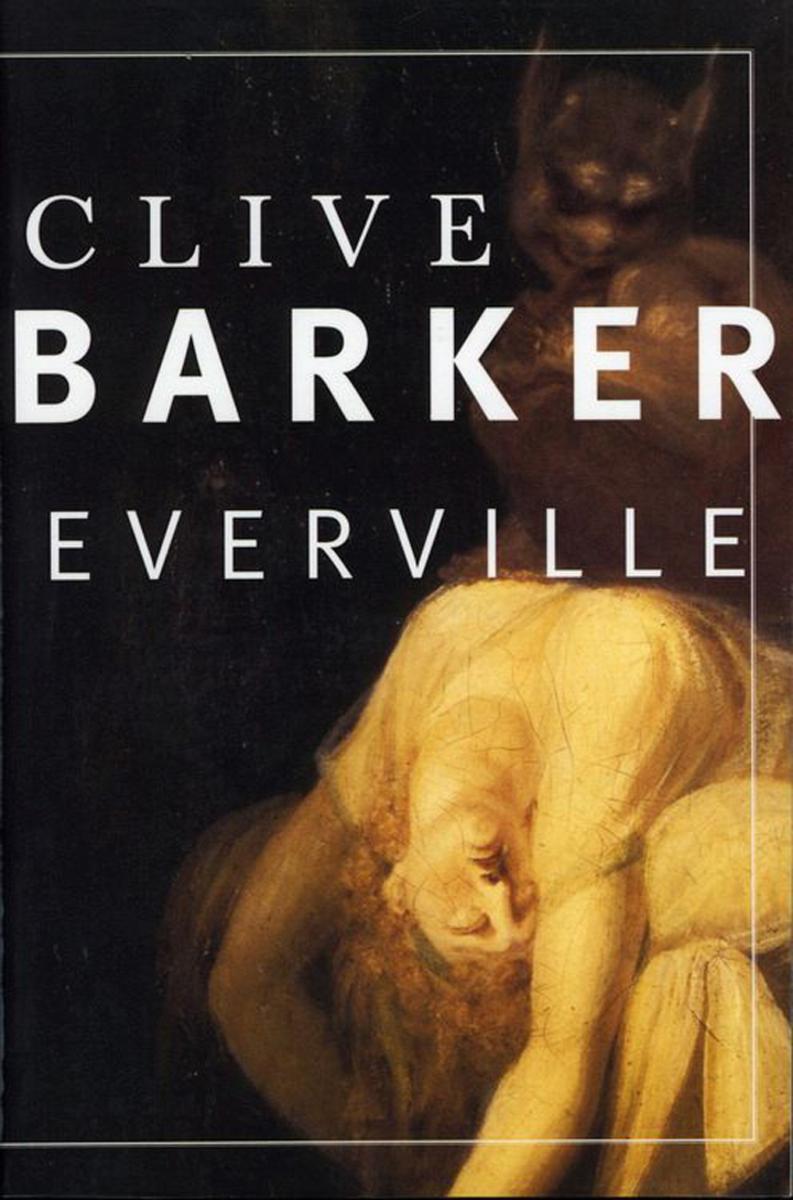
Everville
¥106.31
On the borderland between this world and the world of Quiddity, the sea of our dreams, sits Everville.For years it has lived in ignorance of the gleaming shore on which it lies.But its ignorance is not bliss. Opening the door between worlds, Clive Barker delivers his characters into the heart of the human mystery; into a place of revelation, where the forces which have shaped our past and are ready to destroy our future are at work.

Totems
¥106.31
Discover the secrets of animal totems and their sacred, transformative powers.Among traditional Native Americans and other tribal peoples, totems are the enduring animal symbols that allow these peoples to explore the mysteries of life and the spirit world. from the graceful Antelope to the aggressive Cougarto the wise and peaceful Turtle, each animal embodies certain strengths and attributes that the spiritual seeker can embrace and follow on the path of self -exploration. Now, Totems offers each of us the tools we need to tap into thepower of sacred animal totems by finding our own personal symbol and experiencing its energy firsthand.Drawing upon his long association with native teachers, as well as guidance from his own spirit helper, author Brad Steiger has created a fascinating, informative, and thorough guide to this ancient Spiritual practice. Filled with the wisdom of many different tribes and cultures, Totems provides exercises and techniques for: choosing your own animal totem from the American Indian Zodiac receiving dream and vision teachings using animal totems embarking on a spirit journey learning the healing powers of totems calling on your spiritual helpers in times of need




 购物车
购物车 个人中心
个人中心



